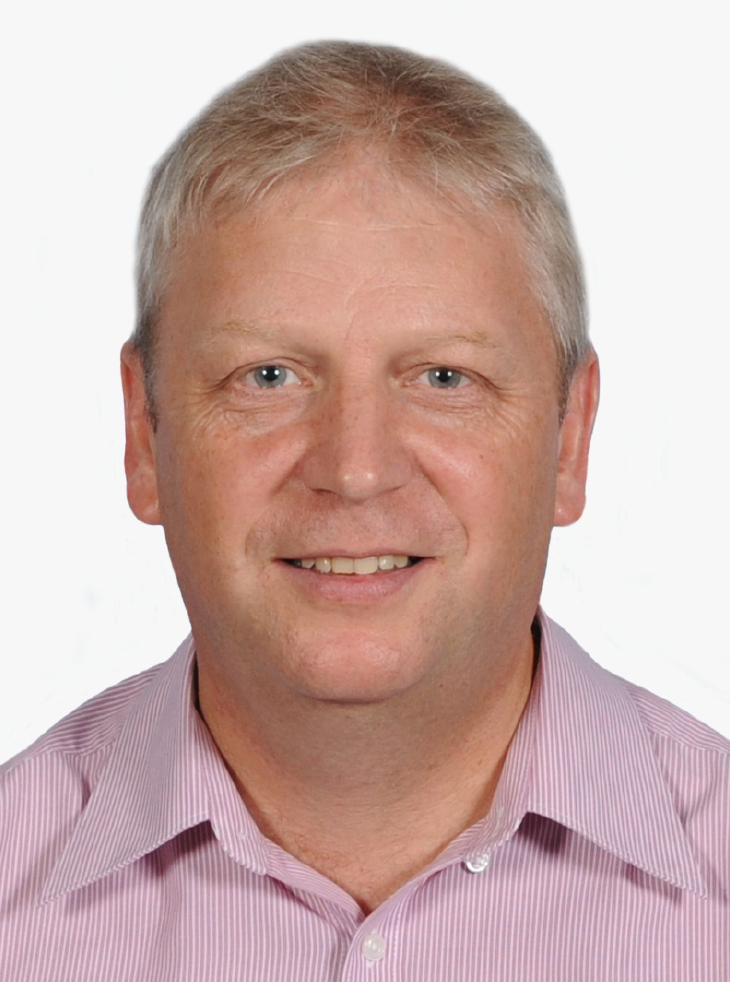

SS02-A005

"Covid-19 the Disruptor: Impacts on Scientific Associations and the View from AOGS"
In 1815 the most powerful volcanic eruption in human history occurred at Mount Tambura. The extreme volumes of ash generated impacted global temperatures such that the following year was widely known as the “Year Without a Summer”. Two centuries later and the unfolding of the coronavirus pandemic has triggered the “Year Without a Conference”. For AOGS, the prevalence of natural hazards in the Asia Oceania region is especially relevant to our mission to promote geoscience and its applications for the benefit of humanity. But when this mission is largely achieved by bringing geoscientists together in a physical space to exchange and debate knowledge and ideas, how can the society adapt to the needs of its members? COVID-19 has been extremely challenging for scientific associations with conventional operating models and income sources disrupted. For the science communities served by associations, the pandemic has disrupted research activities, not least for geoscientists where international travel, collaboration and fieldwork are key activities. However, disruption creates opportunity to reimagine digital technologies, remote monitoring and transfer of responsibilities to local teams. Similarly, a switch from physical to virtual events and conferences creates a dynamic for more inclusive participation from parts of the Asia-Oceania region. The lifetime of AOGS (founded in 2003) has coincided with an exorable rise of science and technological innovation in Asian countries and societies like AOGS have succeeded in providing an inclusive and accessible space for international interaction. Will the pandemic disruption be a mere road bump in the rise of geosciences in Asia or will it fundamentally change the way communities want to interact, exchange and disseminate research outcomes? In order to maintain relevance and serve the needs of members, scientific associations need to anticipate future demand for physical, virtual and hybrid events and realign business models accordingly.